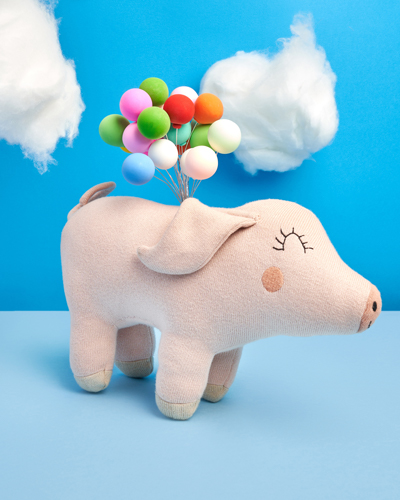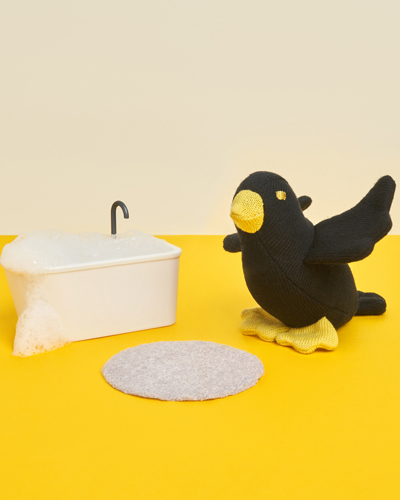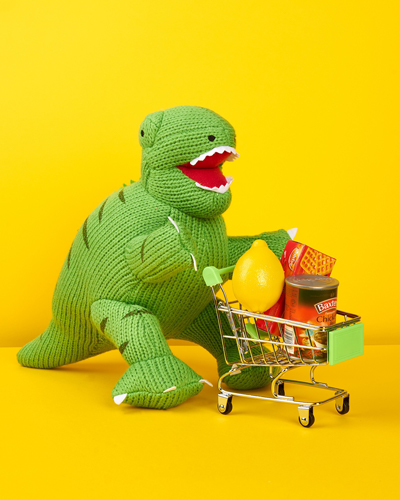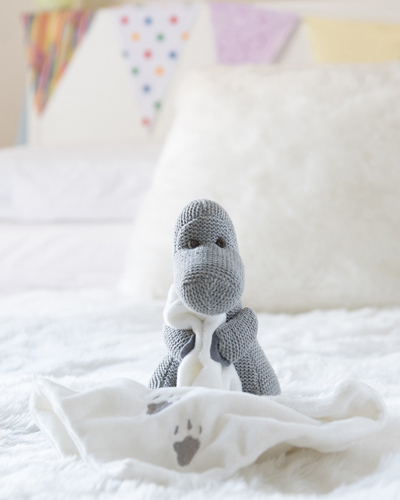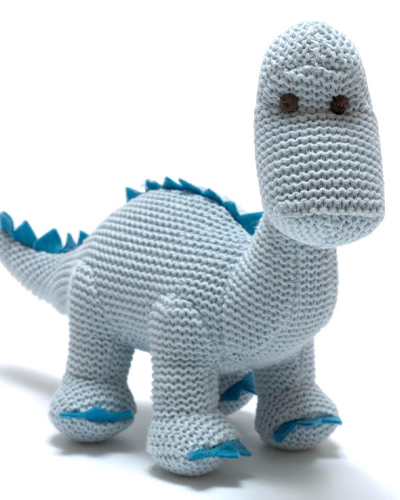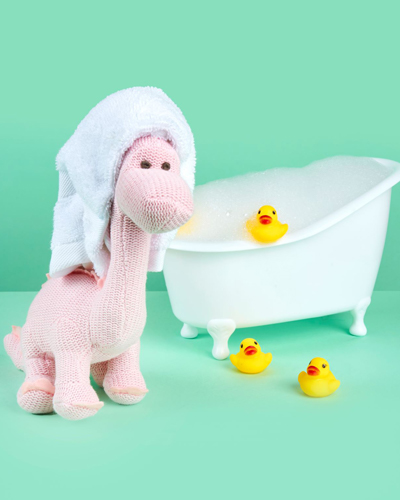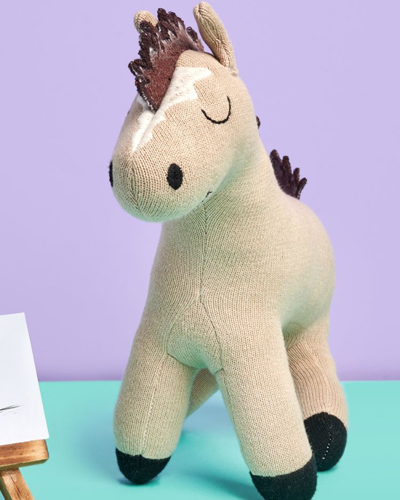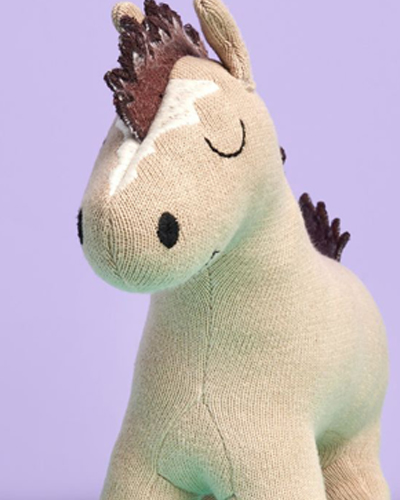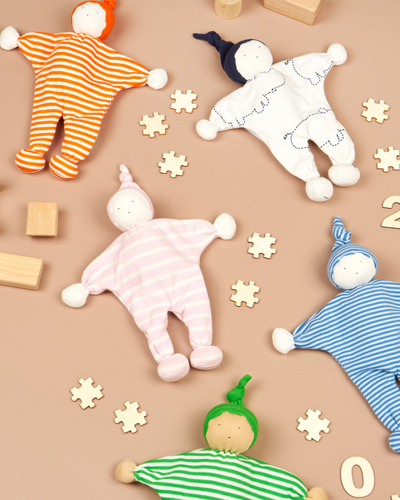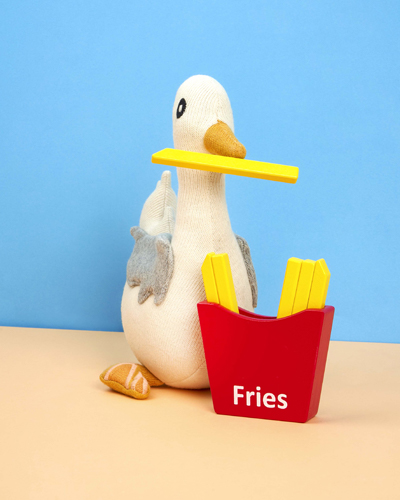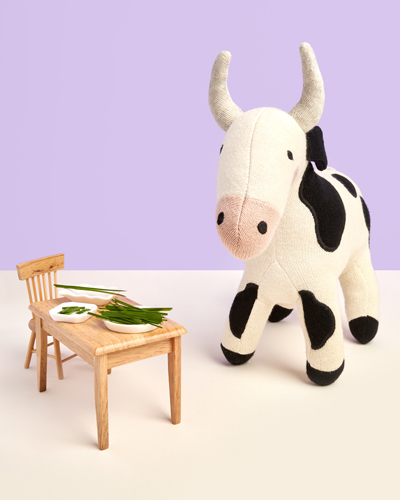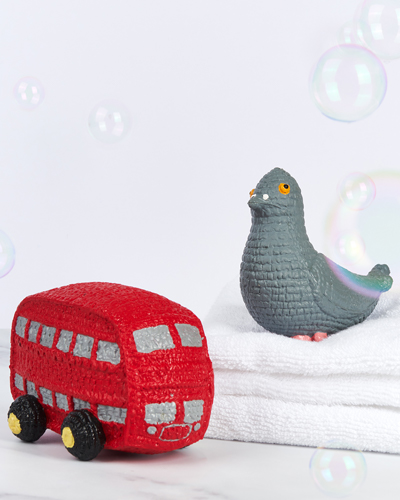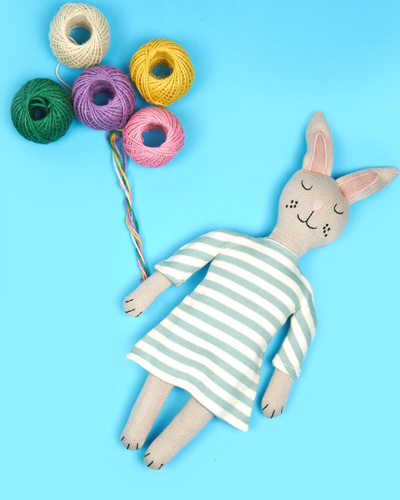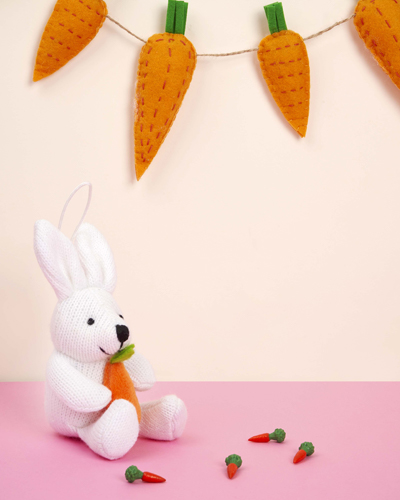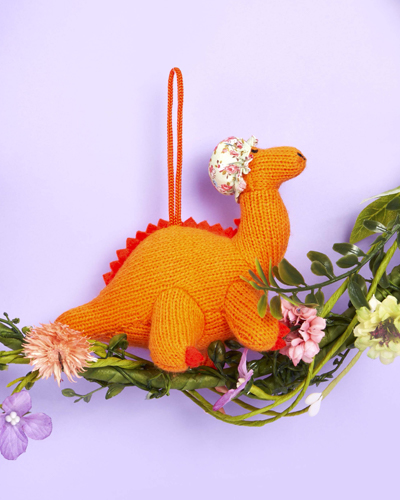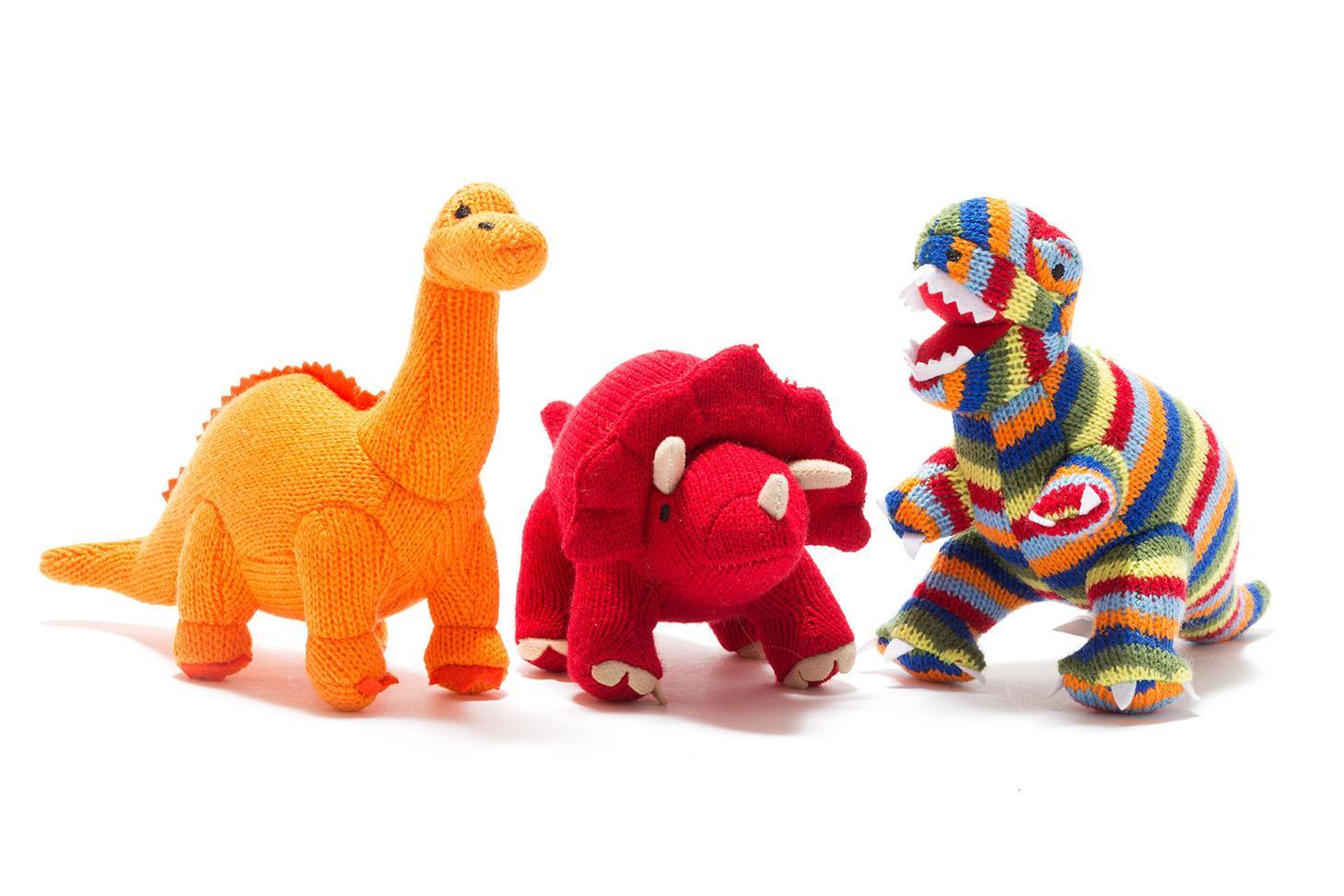Its safe to say that the news hasn’t been great for multiple retailers in the UK at the moment.
ToysRUs led the field with a spectacularly quick closure. They only went in to administration at the end of February and already nearly 30 shops and the warehouse are closed. Maplins and East Clothing are in the process of closing while Mothercare, House of Fraser, Debenhams and Claires Accessories all appear to be in a race to the bottom.
Whatever the reasons for this role call of disaster it is apparent that as a retailer the importance of good relationships with your supply base becomes very apparent when things get tough.
ToysRUs revealed that when they originally signalled they were experiencing problems approximately 40% of their suppliers refused to continue to supply at their normal payment terms of 60 days. Some would only supply Cash on Delivery and others demanded full repayment of all debts before they would recommence delivery. This led to what their CEO described as “a dangerous game of dominos” where the retailer was faced with juggling empty shelves with cash flow restrictions.
Famously Kmart had to go in to Chapter 11, despite having $6 billion more in assets than liabilities, because it missed a $78 million payment to one of its grocery suppliers.
And if you can remember the retailer Game, they had to call it a day when 3 of their biggest suppliers refused to deliver the most recent titles.
But despite all this documented information about retailer’s reliance on their suppliers it is still the case that as soon as things get tough multiple retailer’s first thoughts are not how to work more closely with their suppliers to improve conditions, but only how they can leverage more cash out of them.
When Sterling collapsed many retailers asked their suppliers to continue to fund their margins at the supplier’s cost. One very famous retailer whose brand is all about ethics rang their suppliers and demanded they decrease their prices to make up for the losses they were suffering on their own Own Label products.
Today Moss Bros has announced that their profits have suffered due to the consolidation of their supply base leading to product shortages, and we don’t have to mention Kentucky Fried Chicken’s recent issues.
So why, when we have all these case studies, do multiple retailers still want to treat their suppliers like cash cows rather than as a valuable partner?
As a small toy wholesaler I stand or fall by my suppliers. If they don’t deliver on time or if their quality is not up to scratch my reputation will suffer. When we have product ideas we need to work with our suppliers to ensure that our vision is turned in to a commercial and affordable product. Without close partnerships with our suppliers our work load would double and our sales would fall, its as simple as that. Is it so hard for retailer’s not to understand that the same applies to them?
To simplify things down to the most basic of levels the reason consumers go to a particular retailer is for one of 2 things, either they are the cheapest or they are the best. If you trade on being the cheapest you then need the cheapest suppliers, and if your brand is all about having the best ranges then quite simply you need the best suppliers. You can't do it all yourself without an unfeasibly large amount of time, cash and people.
If a customer demands additional terms, or doesn’t pay on time or generally treats us with a lack of courtesy I am unlikely to go rushing to them when I develop a particularly good product. Why would I?
We got caught by this multiple retailer trait at the start of the last recession. Overnight our largest customers extended our payment terms in order to finance their profitability. We left them.
We consciously chose to work with great independent stores plus department stores and some really fabulous museums. I feel that I have a partnership with my customers. If they buy something that doesn’t work for them I want to help them out. It doesn’t help either of us for them to have dead stock on their shelves. If they buy something that does particularly well for them I try to ring fence stock for them so that they are guaranteed deliveries without having to sit on loads of stock in too small stock rooms.
In turn they respond to my email enquiries, talk to me about new projects and always pay on time.
If they do well, I do well. We both have to look out for our own business but there is a huge amount of cooperation to ensure that we can both trade successfully.
It really doesn’t take that much to build partnerships, but the benefits are great for all sides.
So as we progress through the year to the next peak season I would like to wave a flag and use that wonderful catch phrase from the last recession. We’re all in this together. Lets work together as partners to create the ranges that consumers will love.
Best Years Ltd www.bestyears.co.uk


